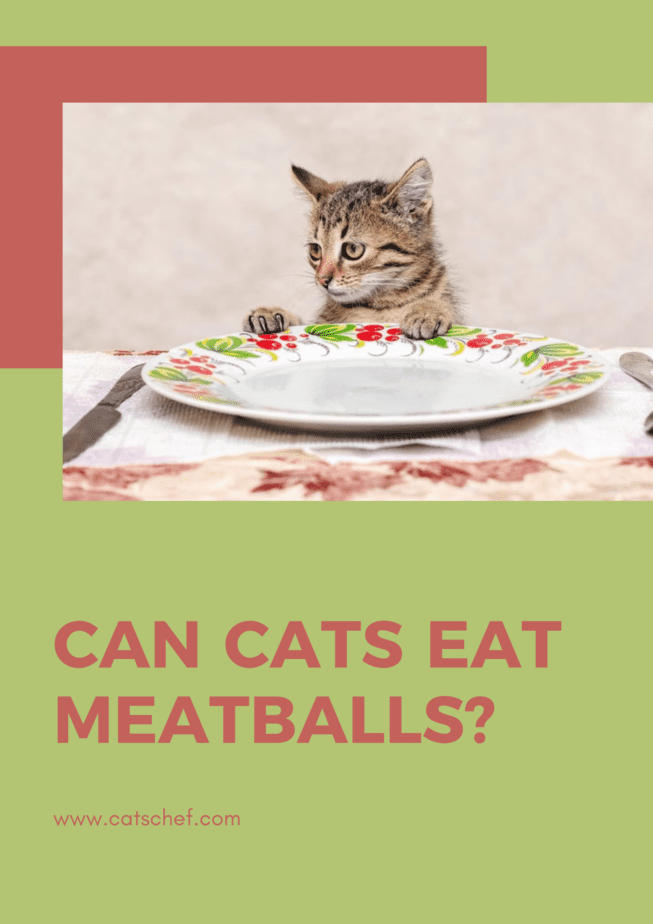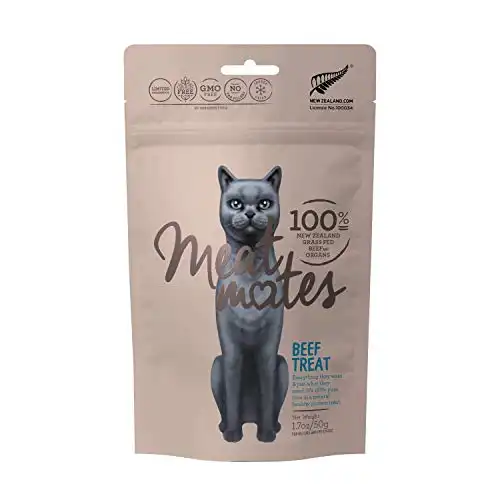Everybody knows the famous scene in Lady and the Tramp where the two main canine characters share a plate of spaghetti and meatballs. Looking back at it, you might be thinking how you’ve never seen a dog eat such food in real life. But what about cats? Can cats eat meatballs?
After all, cats are carnivores and require meat in their diets in order to survive. They absolutely love cooked beef, turkey, and chicken. But, meatballs contain some other ingredients that might harm your feline friend.
Can cats eat meatballs safely?
Meatballs are essentially ground meat rolled into small spheres. They often contain ingredients such as onion, garlic, breadcrumbs, salt, and other seasonings. Unfortunately, none of these ingredients are safe for your cat to consume.
1. Onion
Onions may bring loads of health benefits to you, but they can be fatal to your pet. Onions in all forms – fresh, cooked, powdered – are extremely toxic to cats. They can cause dehydration, an upset stomach, and can even be fatal in some cases.
It doesn’t matter if your cat eats large quantities at once, or smaller quantities over the course of time. Onion consumption breaks down the red blood cells in your cat’s blood causing serious health issues like hemolytic anemia. Onion is a very common ingredient in meatballs, so unless you’re sure there are no onions in the recipe, do not let your cat close to them.
If your pet accidentally ingests any amount of onion, play it on the safe side and contact your vet. It’s safe to say that letting your cat enjoy a small bite of these tasty spheres isn’t worth the risk.
2. Garlic
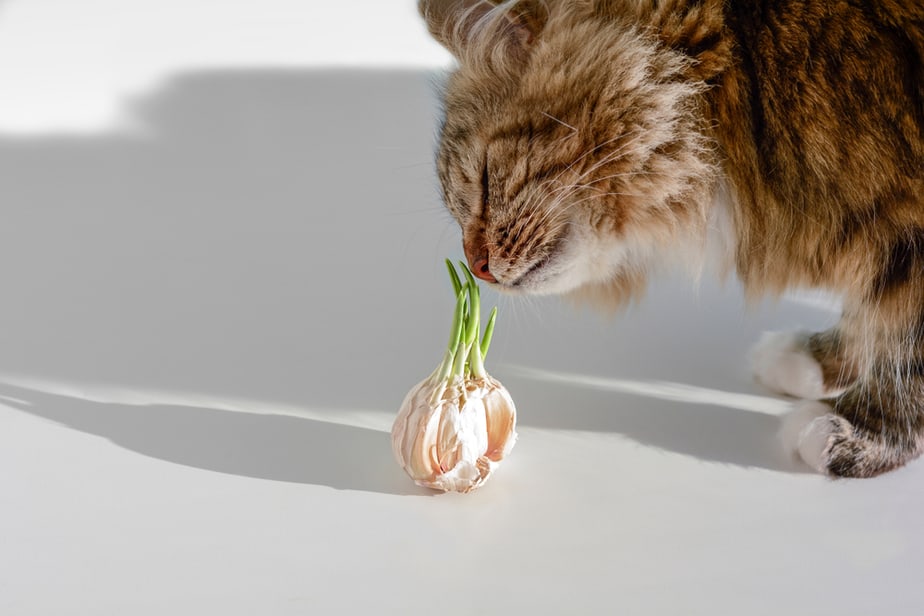
Garlic is known as a healthy, universally loved addition to any cuisine. From preventing heart disease and controlling blood pressure to warding off vampires – garlic brings numerous benefits to the table.
Sadly, these advantages don’t apply to your feline companion. Garlic is highly toxic to cats, with the potential to cause severe organ damage. In fact, it is even more toxic than onions. It takes roughly 5 grams of onions to harm your cat, whereas any amount of garlic can negatively affect your cat’s digestive system.
Next time your furry friend is following you around the kitchen, make sure to hide every trace of garlic possible (including meatballs!). It’s better to be safe than sorry.
3. Salt and other seasonings
Salt is one of the few tastes cats can detect. They are naturally drawn to salty snacks (which also explains why they lick your face after you’ve had a good cry).
Luckily, salt isn’t toxic to cats in the same way onions or garlic are. Cats can consume smaller amounts without experiencing any discomfort. In fact, an average cat can consume 21 milligrams of salt each day.
As long as you make sure your cat doesn’t ingest excessive amounts of salt or any foods high in sodium (as that may result in sodium poisoning), she should be fine.
What to do if your cat eats a meatball
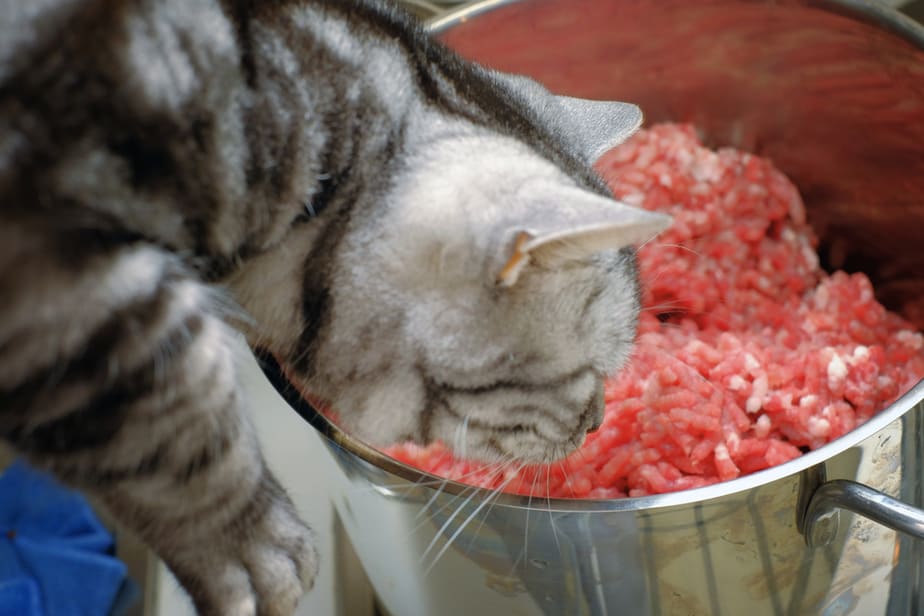
Onions and garlic are inevitable ingredients in most meatball recipes. Since they are incredibly harmful to cats, you should avoid any situation in which your beloved pet might come in contact with them.
But, what do you do if your cat succeeds in its mission to eat everything she lays her eyes on? Should you be worried if your furball eats a meatball or two?
One bite shouldn’t be an issue, however, contact your vet immediately if your cat has ingested several meatballs. Your vet will be able to perform the necessary procedures to relieve your pet’s symptoms. The treatment will depend on the amount of toxic ingredients your cat has consumed.
Common signs of food poisoning your cat might display are vomiting, diarrhea, dehydration, and fever. If your cat has ingested smaller amounts of onion and garlic normally present in meatballs, she might not show severe symptoms.
Monitor the situation and do everything you can to make sure it doesn’t happen again.
See more: Can Cats Eat Lasagna? What’s The Risk?
What to feed your cat instead of meatballs
There are numerous healthy foods and delicious snacks available on the market today. Your kitty might be sneaky and curious, but there is no need to feed her these potentially dangerous meaty snacks when there are so many better options.
Cats are carnivores, which means they need meat in order to survive. That doesn’t mean you should give your kitty a raw steak for dinner each night, but you can treat your pet to properly cooked, unseasoned beef, turkey, and chicken.
You can also rely on snacks specifically designed for cats, like the ones by Meat Mates. They are usually very nutritious, practical, and available in most stores.
When it comes to human food (such as hot dogs, Slim Jims, or chicken nuggets), it’s best to avoid anything that contains harmful ingredients.
Meatballs: yes or no?
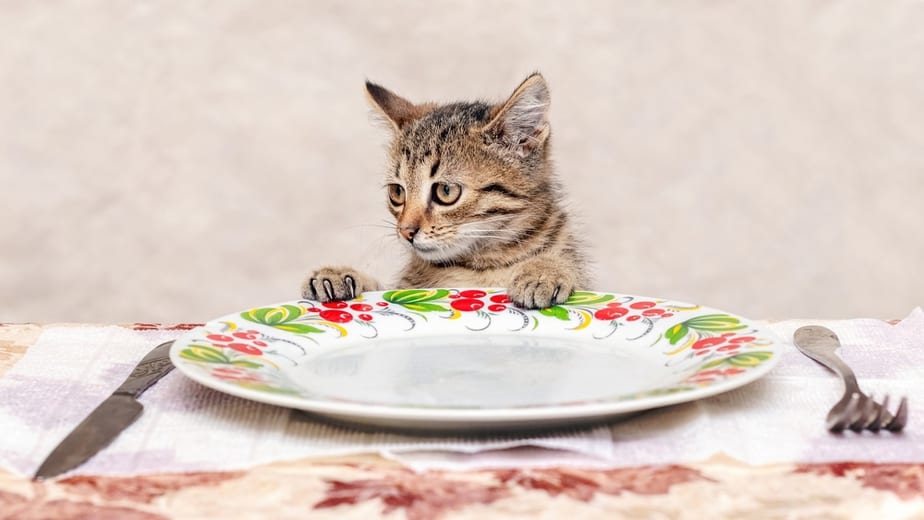
Can cats eat meatballs? Taking into consideration everything we mentioned, the answer to that question is a resounding no. Unless you decide to make pet-friendly meatballs from scratch, there are just too many harmful ingredients in them.
Don’t be fooled into thinking that just because meatballs contain meat, they’re safe for your cat. You’re doing your cat no favors by letting them snack on this human food.
Meatballs typically contain large quantities of salt, sugar, onion, and garlic, which can prove disastrous to your feline friend’s health. They don’t even have enough meat to make them worthy of your cat’s attention.
If your furbaby is still curious about meatballs, you can always attempt to make them yourself, being sure to stick to cat-friendly ingredients. It’s guaranteed to result in a well-deserved cuddle session. Oh, the things we do for our lap monsters’ love!
Read this: Can Cats Eat Venison? Deer To Be Different?
